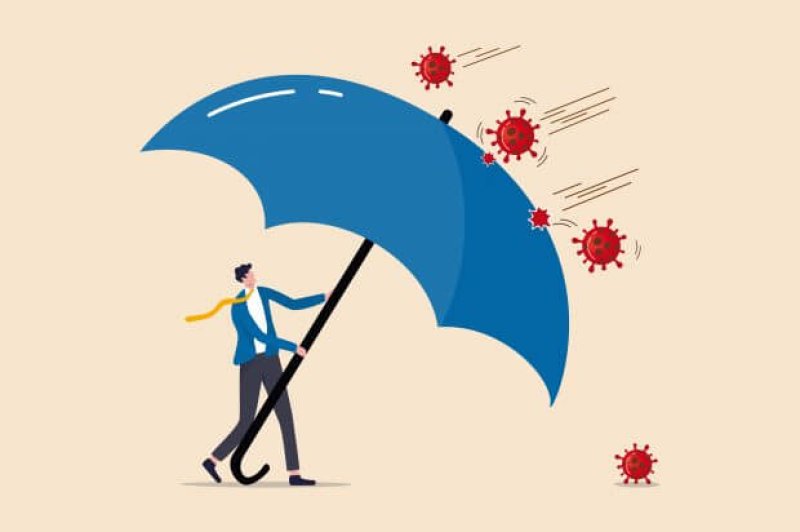Those who simply say “follow the science” often believe we should follow a ‘precautionary principle’ when we determine coronavirus policy—to make policy as a precaution against all the possible negative consequences of the coronavirus pandemic. But if policymakers are to invoke the precautionary principle, they should also take precautions against all the possible (and unintended) negative consequences of imposing quarantines.
We are only now beginning to understand the devastating health consequences of lockdowns and quarantines. Quarantine lockdowns have prevented Americans from seeking necessary health care to diagnose or prevent serious chronic diseases such as cancer, diabetes, and heart disease, while parents have foregone vaccinating their children for diseases other than covid-19. The resulting illness and death from failure to seek medical care are every bit as important as the other tradeoffs.
Coronavirus hits some populations much harder than others—notably, people with pre-existing medical conditions and the elderly. Targeted quarantines to preserve the health of at-risk populations might make more sense than a general quarantine—especially when one considers the severe tradeoffs general quarantines impose on prosperity, liberty, and health.
Quarantine policies should be determined as dispassionately as possible. Above all, when making health policy decisions, policymakers should respect the views of scientists and the evolution of strong scientific evidence while also considering the other factors—economic, personal liberty, and public health—that will be impacted by those decisions.































